10 alternatives to NetSuite
In today’s rapidly evolving business landscape, staying agile is no longer just a strategy — it’s a necessity. Enter NetSuite, a behemoth in the world of business software offering a comprehensive solution that integrates everything from enterprise resource planning (ERP) to e-commerce.
While NetSuite brings a robust array of features, including tools for customer relationship management (CRM), financial management, and even HR, it may not be the right fit for everyone. Perhaps you’re looking for a different user experience or a more niche solution tailored to your industry. Regardless of your reason, venturing beyond the NetSuite ecosystem can be both enlightening and rewarding.
NetSuite can help nonprofits streamline their operations and enhance their overall efficiency. Nonprofit organizations can use NetSuite’s cloud-based applications to manage finances and donations, as well as grant funding more effectively. NetSuite’s powerful business applications, automated accounting processes, and compliance with regulatory requirements can handle nonprofits’ entire end-to-end operations.
Pro Tip
Streamline your business operations with Jotform Salesforce Agent, an AI chatbot that connects directly to Salesforce to automate workflows, manage customer conversations, and keep data up to date in real time.
Top 10 NetSuite competitors in market
Choosing the right ERP system can make or break how efficiently your business runs. While NetSuite is a strong all-in-one solution, it’s not always the perfect fit for every organisation. Whether you’re looking for more flexibility, a lower price point, or industry-specific features, there are plenty of alternatives worth exploring.
Here are the top 10 NetSuite competitors leading the market today — each with unique strengths, pricing models, and target audiences.
| Tool | Best for | Pricing |
|---|---|---|
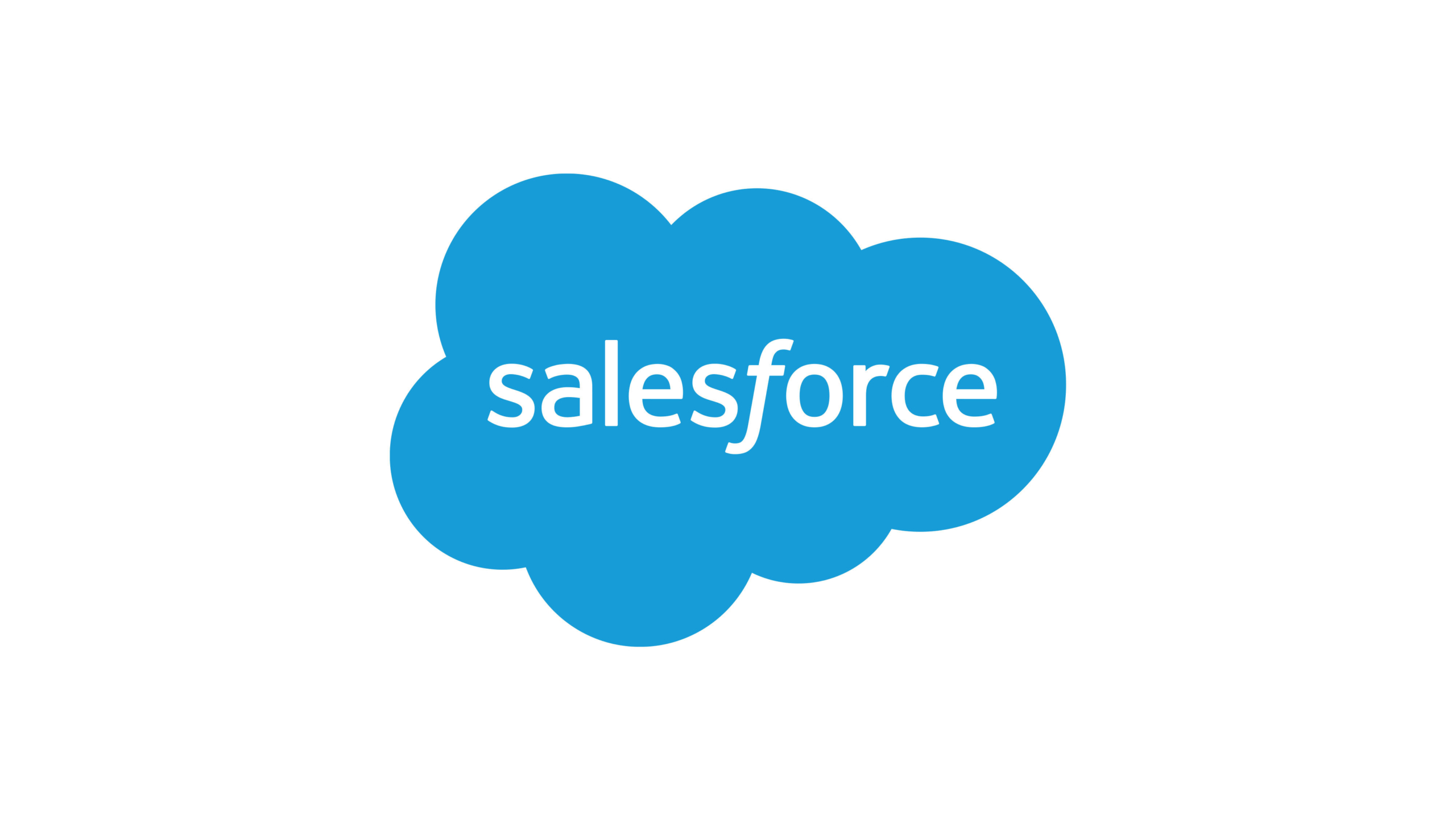 Salesforce |
End-to-end CRM across sales, service, and marketing |
Free → $100/month (Enterprise: Custom) |
SAP |
Large, multinational enterprises with complex global operations |
$291 → $408/month (Enterprise: Custom) |
Odoo |
Startups and SMBs seeking modular, open-source ERP flexibility |
Free → $24/month (Enterprise: Custom) |
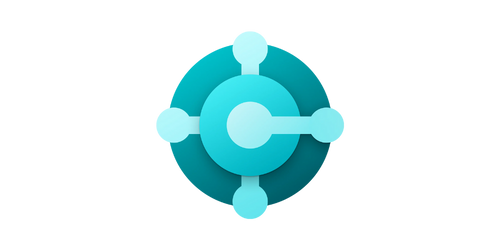 Microsoft Dynamics 365 Business Central |
Integrated ERP and CRM for mid-sized to large businesses |
Free → $100/month (Enterprise: Custom) |
Sage Intacct |
Finance-driven organisations needing advanced accounting automation |
$1,000 → $2,916/month (Enterprise: Custom) |
Acumatica |
Manufacturing, distribution, and retail companies requiring industry-specific ERP |
$533 → $2,083/month (Enterprise: Custom) |
Certinia ERP Cloud |
Professional services firms focused on project and resource management |
$106 → $278/month (Enterprise: Custom) |
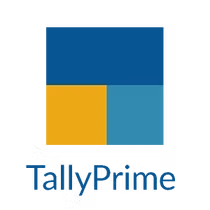 TallyPrime |
Small businesses needing simple, reliable accounting and compliance tools |
$630 → $1,890 (Enterprise: Custom) |
Brightpearl |
Retail and eCommerce businesses managing multichannel operations |
Available upon request |
Epicor |
Manufacturers and distributors looking for scalable, industry-tailored ERP |
$2,000 → $10,000/month (Enterprise: Custom) |
1. Salesforce
Although primarily recognized for its CRM prowess, Salesforce has diversified its offerings over the years. While NetSuite mainly focuses on providing a comprehensive array of enterprise solutions, Salesforce has expanded beyond its CRM roots to deliver a platform that supports a wide range of business needs. For example, the AppExchange ecosystem and Einstein AI allow users to extend core functionality and get better use out of their data.
Best for: End-to-end CRM across sales, service, and marketing
Why Salesforce is a good tool?
- Customization and scalability
- Extensive ecosystem of apps
- Advanced AI capabilities with Einstein
Key features:
- Customization and scalability across sales, service, and more
- Extensive AppExchange ecosystem for add-ons and integrations
- Einstein AI for analytics, automation, and predictions
Limitations:
- Can become costly as you scale users and add-ons
- Configuration complexity may require admin/developer resources
- Ecosystem lock-in if most processes run on Salesforce
Pricing:
- Salesforce Foundations — $0/user/month
- Starter Suite — $25/user/month
- Pro Suite — $100/user/month
Add new leads to Salesforce from form submissions
DetailsAutomatically create lead records in Salesforce based on form submissions. Use Jotform’s native integration to collect contact info, names, email addresses, and more, without paying any fees.
Create new contacts in Salesforce from form submissions
DetailsInstantly add new contacts to Salesforce based on form submissions. Contact details are added automatically so you won’t need to import them manually. Available in all Jotform plans, including the free, Starter Plan.
Create a new record of a custom Salesforce object from form submissions
DetailsAutomatically create a new record of a specified custom objects in Salesforce based on form submissions. Available in all Jotform plans, including the free, Starter Plan.
2. SAP
SAP stands out for companies that need deep customization, industry-specific functionalities, and a robust platform to handle vast and complex global operations. With SAP, customers can harness in-depth analytics, manage end-to-end business operations, and even delve into sustainable business practices.
Best for: Large, multinational enterprises with complex global operations
Why SAP is a good tool?
- Industry-leading ERP capabilities
- Deep integration across business processes
- Global reach and localization for diverse markets
Key features:
- Industry-leading ERP depth across finance, supply chain, and manufacturing
- Tight integration across end-to-end business processes
- Globalization/localization support for diverse markets
Limitations:
- Implementation can be lengthy and resource-intensive
- Total cost of ownership can be high for smaller teams
- Specialized expertise often required to maintain/customize
Pricing:
- SAP Finance Base — $291/month/user
- SAP Finance Premium — $408/month/user
3. Odoo
Odoo distinguishes itself through its open source model and modular architecture. Its modular design allows customers to pick and choose specific apps tailored to their business needs. Also, the open source model lets businesses deploy a community version of Odoo that comes without licensing fees — providing significant cost savings for startups and small to medium-sized businesses.
Best for: Startups and SMBs seeking modular, open-source ERP flexibility
Why Odoo is a good tool?
- Highly customizable, modular design
- Cost-effective with open-source scalability
- Comprehensive suite with frequent updates and community-driven enhancements
Key features:
- Modular, app-based architecture — add only what you need
- Open-source community edition for cost flexibility
- Broad suite covering CRM, inventory, accounting, and more
Limitations:
- Community vs. Enterprise differences may require trade-offs
- Advanced features and support often need paid plans or partners
- Customization quality can vary with community modules
Pricing:
- Standard — $16/user/month
- Custom — $24/user/month
- One App Free — $0/user/month
4. Microsoft Dynamics 365 Business Central
Microsoft Dynamics 365 Business Central is a holistic enterprise solution that offers businesses a versatile platform for managing finance, operations, sales, and customer service. Its main appeal comes from its extensive integration with Microsoft products, allowing users to merge functionalities from Office 365 for tasks such as document management, collaboration, and communication.
Best for: Integrated ERP and CRM for mid-sized to large businesses
Why Microsoft Dynamics 365 Business Central is a good tool?
- Deep integration with Microsoft’s ecosystem
- Versatile customization and scalability options
- Advanced AI-driven insights and automation
Key features:
- Deep integration with Microsoft 365, Teams, Power Platform
- Flexible customization and scalability options
- AI-driven insights and workflow automation
Limitations:
- Can feel complex without experienced partners/admins
- Feature overlap with other Microsoft products may confuse buyers
- Add-ons/extensions can increase overall cost
Pricing:
- Business Central Premium — $100/user/month
- Free Trial — $0/user/month
- Business Central Team Members — $8/user/month
- Business Central Essentials — $70/user/month
5. Sage Intacct
Sage Intacct is a powerful alternative for businesses that focuses on financial management. As a cloud-based financial management software, Sage has a suite of tools to handle tasks that range from core accounting and cash management to more complex jobs like subscription billing and financial forecasting.
Best for: Finance-driven organisations needing advanced accounting automation
Why Sage Intacct is a good tool?
- Ample financial insights with multi-dimensional data analysis
- Seamless integrations with popular business solutions
- Recommended by the American Institute of Certified Public Accountants (AICPA)
Key features:
- Rich multi-dimensional reporting and dashboards
- Strong integrations with popular business tools
- AICPA-endorsed financial management
Limitations:
- Primarily finance-focused — broader ERP needs may require add-ons
- Implementation and customization can require partners
- Pricing may escalate with advanced modules
Pricing:
- Core Financial Management (Base Plan) — $1,000/month/user
- Typical Range (with additional modules/users) — $2,083–$2,916/month/user
6. Acumatica
Acumatica’s ERP solution offers a comprehensive approach to business management while keeping licensing customer-friendly. Its design emphasizes mobility, allowing businesses to access their ERP data and functionalities from anywhere, on any device. Additionally, it provides industry-specific editions, ensuring that companies in many fields have tools tailored to their unique needs, including manufacturing, distribution, and retail.
Best for: Manufacturing, distribution, and retail companies requiring industry-specific ERP
Why Acumatica is a good tool?
- Cloud solution with flexible licensing
- Comprehensive integration with other business applications
- Unlimited-user pricing, encouraging company-wide adoption
Key features:
- Cloud-native with mobile-first access
- Industry editions tailored to key verticals
- Flexible licensing, including resource-based models
Limitations:
- Partner-led implementations vary in quality and speed
- Smaller ecosystem vs. some larger incumbents
- Advanced customization may require developer effort
Pricing:
- General Business Edition (Base Plan) — $533/month
- Typical Mid-Sized Business Subscription — $2,083+/month
- Implementation Costs — $5,000–$8,333+/month equivalent
7. Certinia ERP Cloud
Certinia ERP Cloud focuses on businesses that sell services. Its goal is to help its clients connect their business functions — such as sales, delivery, automation, and customer experience —giving employees a holistic view of customers, regardless of their department. Certinia is native to Salesforce, which facilitates collaboration and data-sharing across platforms.
Best for: Professional services firms focused on project and resource management
Why Certinia ERP Cloud is a good tool?
- Native Salesforce application
- Customer-centric approach to business management
- Extensive automation and optimization features
Key features:
- Native to Salesforce for unified data and processes
- PSA, delivery, and financials designed for services workflows
Automation to streamline project-to-cash
Limitations:
- Best fit if you’re already on Salesforce
- Customization may need Salesforce/platform expertise
- Pricing not transparent; requires scoping
Pricing:
- Base Plan — $106/month/user
- Advanced Plan — $278/month/user
8. TallyPrime
TallyPrime is a robust business management software that has carved out a niche for itself by catering to the unique demands of small businesses. Its specialty is simplifying complex business tasks, like managing region-specific tax structures. In addition to crunching numbers, the software is adept at understanding intricate tax regulations, ensuring businesses always stay compliant.
Best for: Small businesses needing simple, reliable accounting and compliance tools
Why TallyPrime is a good tool?
- Focus on regional tax and compliance needs
- Intuitive user interface with centralized business insights
- Reliable offline capabilities for uninterrupted work
Key features:
- Strong regional tax and compliance capabilities
- Simple, intuitive UI with centralized insights
Reliable offline operation
Limitations:
- Primarily suited to small/medium operations
- Limited breadth vs. full-suite ERPs
- Advanced reporting may require workarounds/add-ons
Pricing:
- TallyPrime Silver — $630 (one-time license for single user)
- TallyPrime Gold — $1,890 (one-time license for multiple users)
9. Brightpearl
Brightpearl is a retail-centric ERP solution tailored for omnichannel businesses, bridging the physical and online retail worlds. Its adaptive nature provides retailers with tools that go beyond traditional ERP functionalities. For example, it helps retailers automate core operations, including order management and warehouse processes —reducing the number of manual tasks and speeding up order-to-cash cycles.
Best for: Retail and eCommerce businesses managing multichannel operations
Why Brightpearl is a good tool?
- Focus on retailers’ omnichannel needs
- Rapid implementation
- Robust ecosystem of integrations tailored for commerce
Key features:
- Purpose-built for omnichannel retailers
- Automation for orders, inventory, and warehouse workflows
Robust integrations with major commerce platforms
Limitations:
- Retail-centric — less fit for non-retail industries
- Implementation typically partner-led
- Pricing not publicly listed
Pricing: Available upon request
10. Epicor
Epicor is an ERP alternative that focuses on industries such as manufacturing, distribution, retail, and services. Its strength lies in providing industry-specific solutions, ensuring businesses harness tools that are finely tuned to their unique operational demands —i.e., managing intricate manufacturing processes and nuanced distribution logistics.
Best for: Manufacturers and distributors looking for scalable, industry-tailored ERP
Why Epicor is a good tool?
- Built for industry-specific manufacturing needs
- Supports expansive global operations
- Cloud-first approach ensures scalability and accessibility
Key features:
- Industry-specific solutions, especially for manufacturing
- Global operations support and scalability
- Cloud-first deployment options
Limitations:
- Complexity can require specialized partners
- Customization/upgrade paths may be resource-heavy
- Ecosystem smaller than some larger vendors
Pricing:
- Perpetual License — $100,000–$500,000 (one-time license fee)
- Subscription License — $2,000–$10,000/month
Jotform is a powerful and adaptable alternative
While NetSuite alternatives cater to businesses with complex operational demands, there are many businesses that don’t require such an extensive platform. Jotform is a versatile online form builder that’s adaptable to diverse organizational needs. Whether a business needs contact forms, surveys, or a registration process, Jotform empowers it to craft custom forms without coding. Its user-centric design facilitates data collection and management.
So, if the comprehensive features of NetSuite seem overwhelming, Jotform offers a streamlined yet efficient alternative.
Jotform advantages
- Drag-and-drop builder that makes for intuitive and hassle-free form creation
- 100-plus integrations, from payment platforms to collaboration tools
- Ability to set up payments instantly with no additional transaction fees from Jotform
- More than 10,000 form templates to get you started
- Offline data collection to ensure on-the-go access
- Ability to easily share and embed forms with a few clicks
- Jotform Tables and Report Builder to streamline data management and analytics
Whether you need a simple form that updates your database automatically or a fully functional application, Jotform has tools to help you get up and running quickly. Try Jotform for free today.
This guide is for organizations of all sizes; startups, SMBs, and global enterprises; finance-led teams, manufacturers and distributors, retail/eCommerce, professional services, and nonprofits, comparing NetSuite to it’s alternatives.
Image by StartupStockPhotos from Pixabay


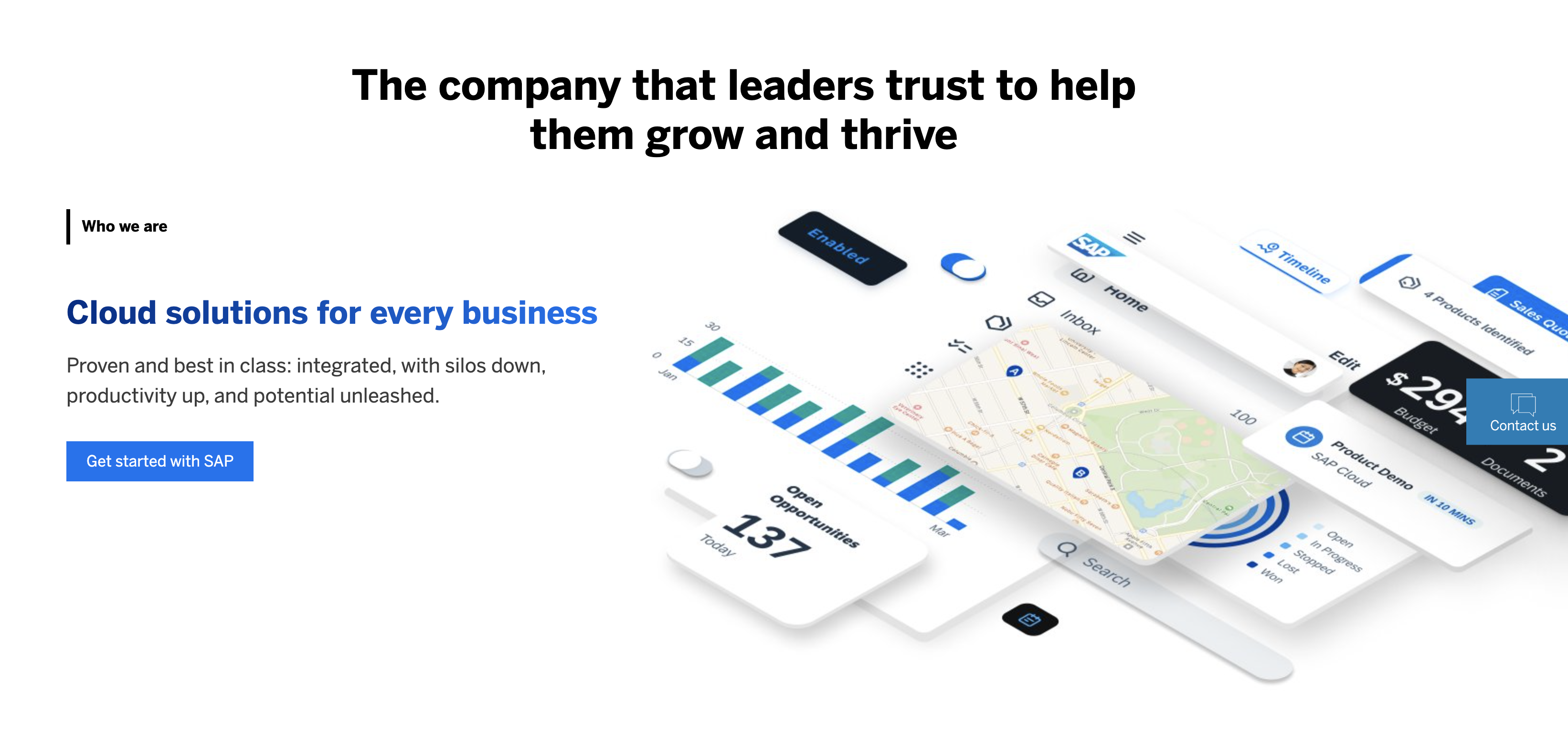
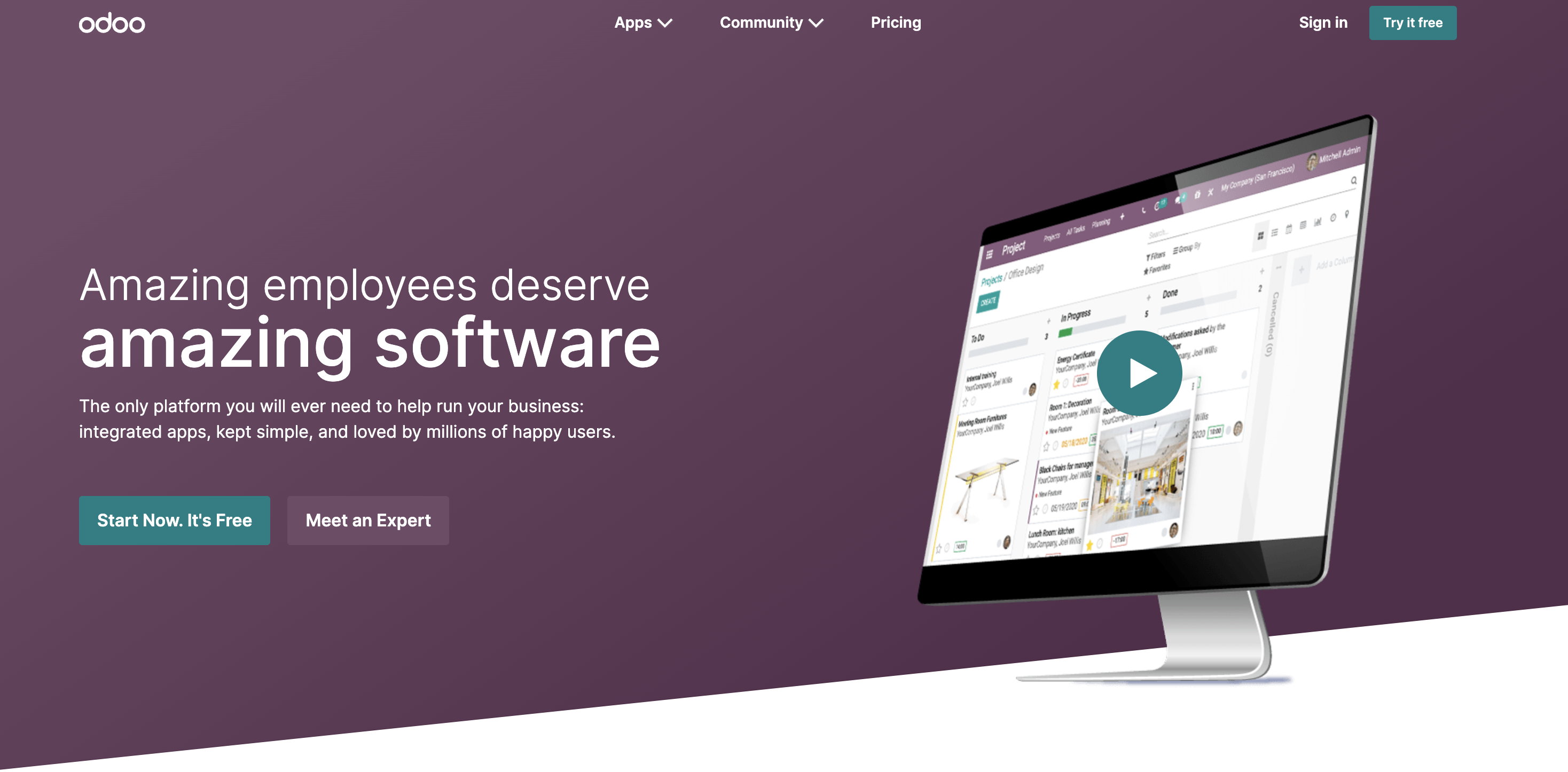
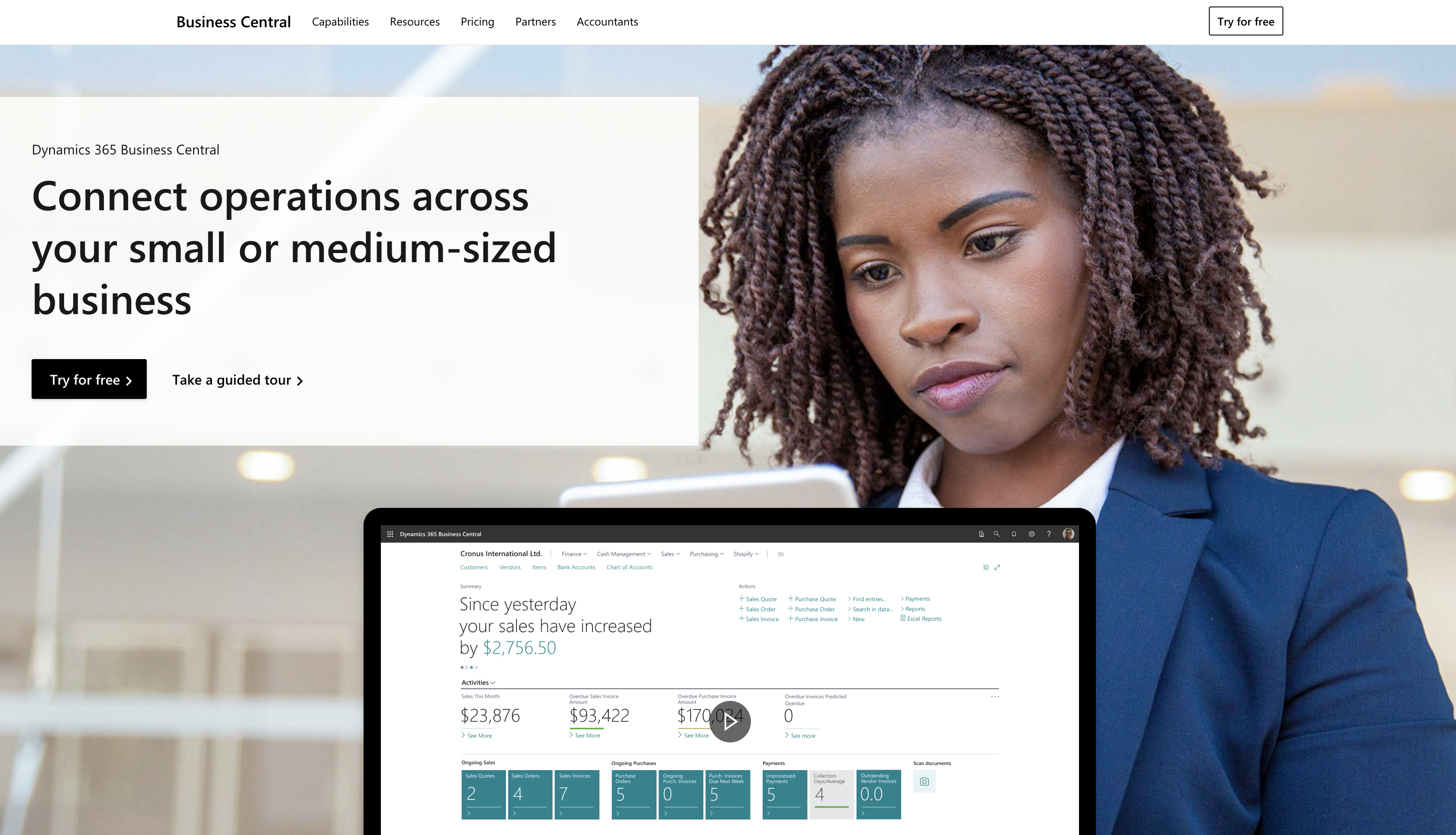
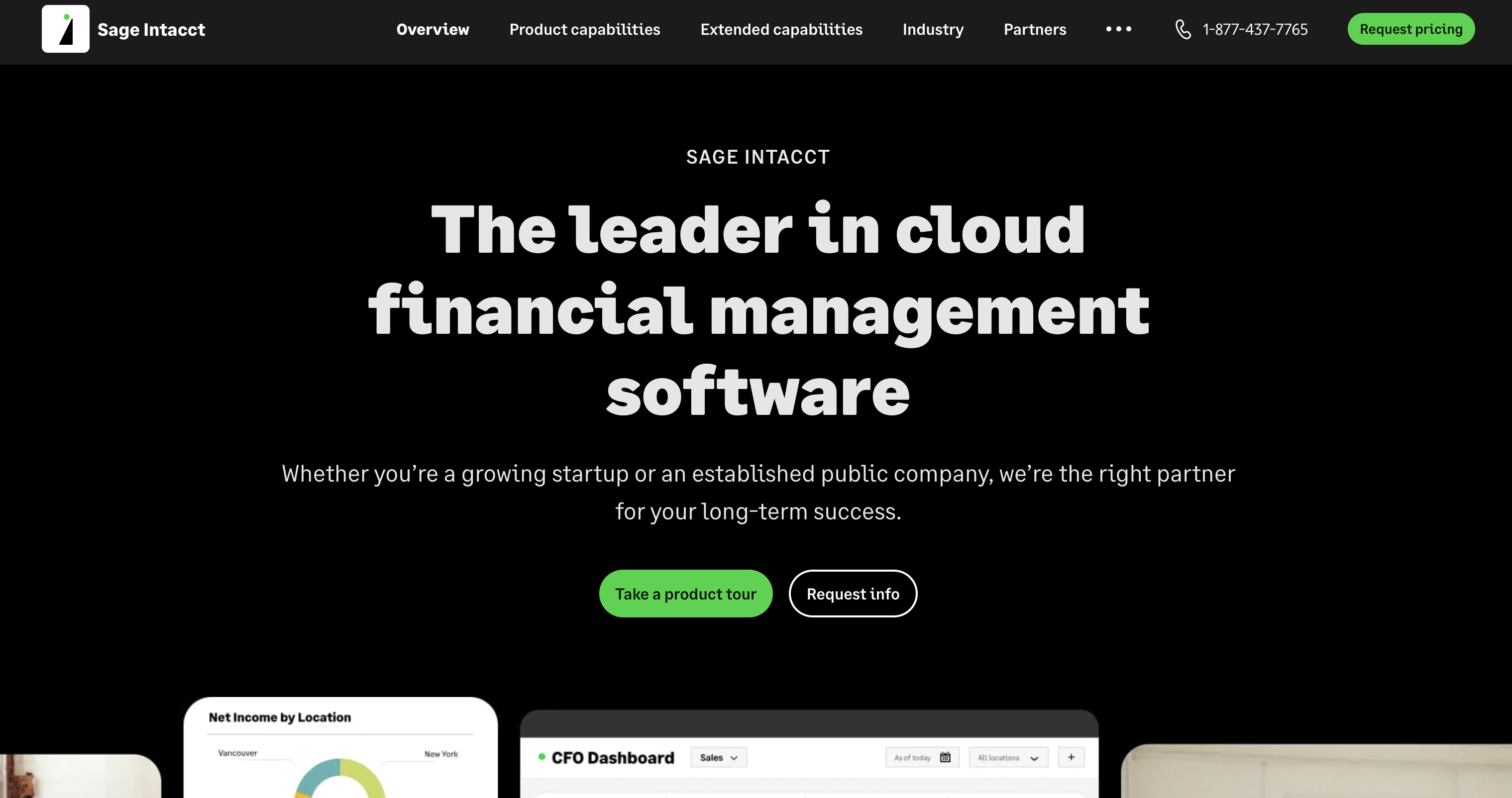
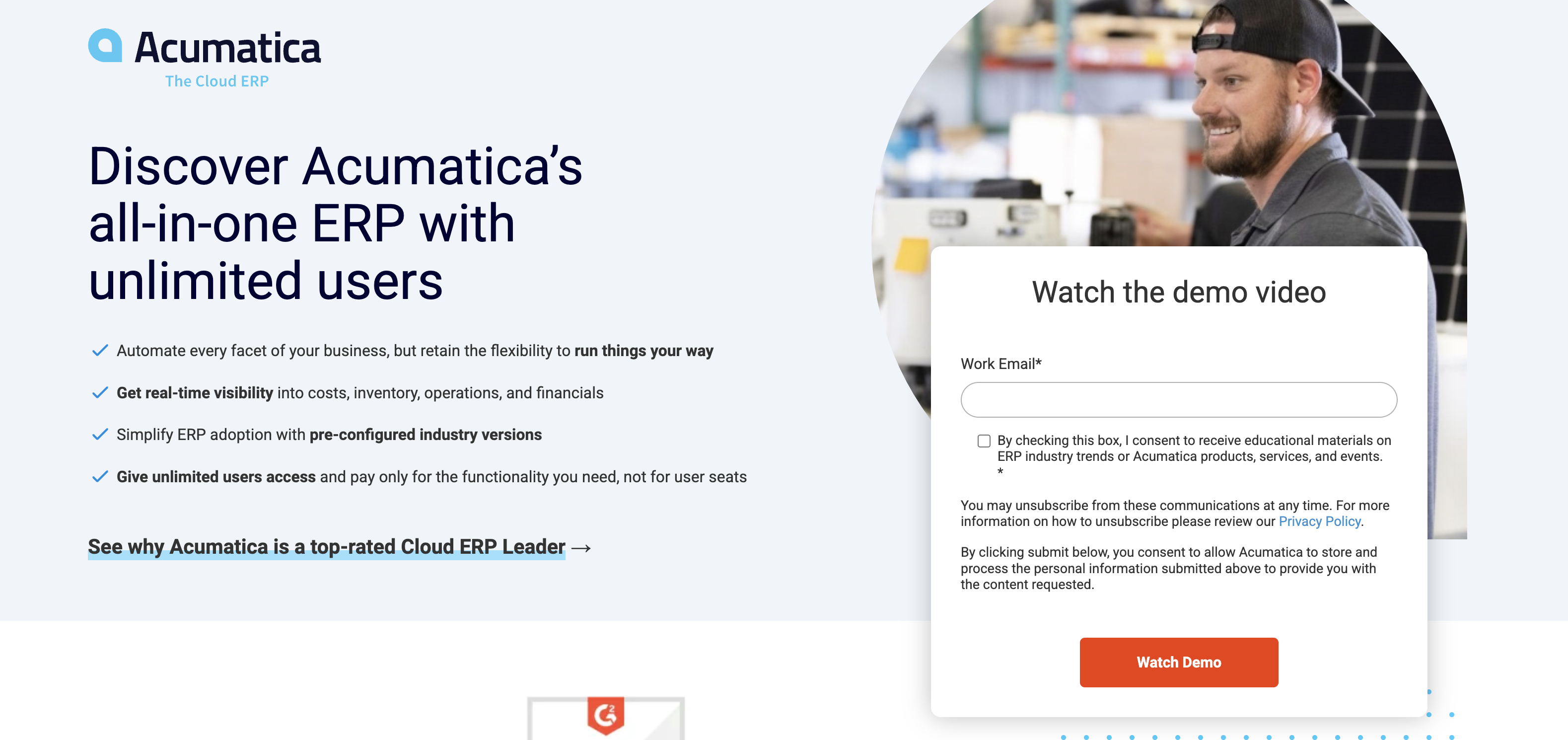
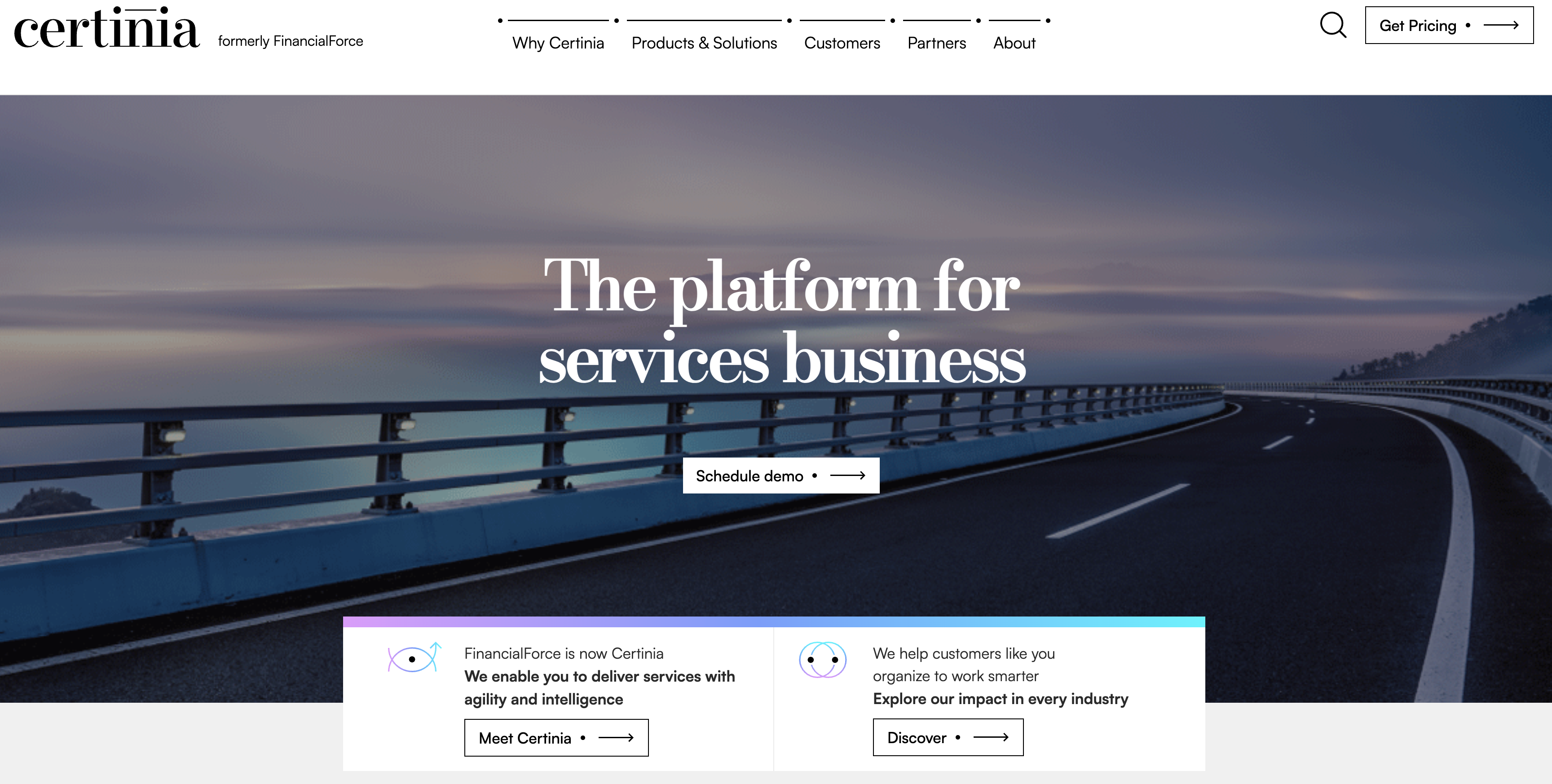
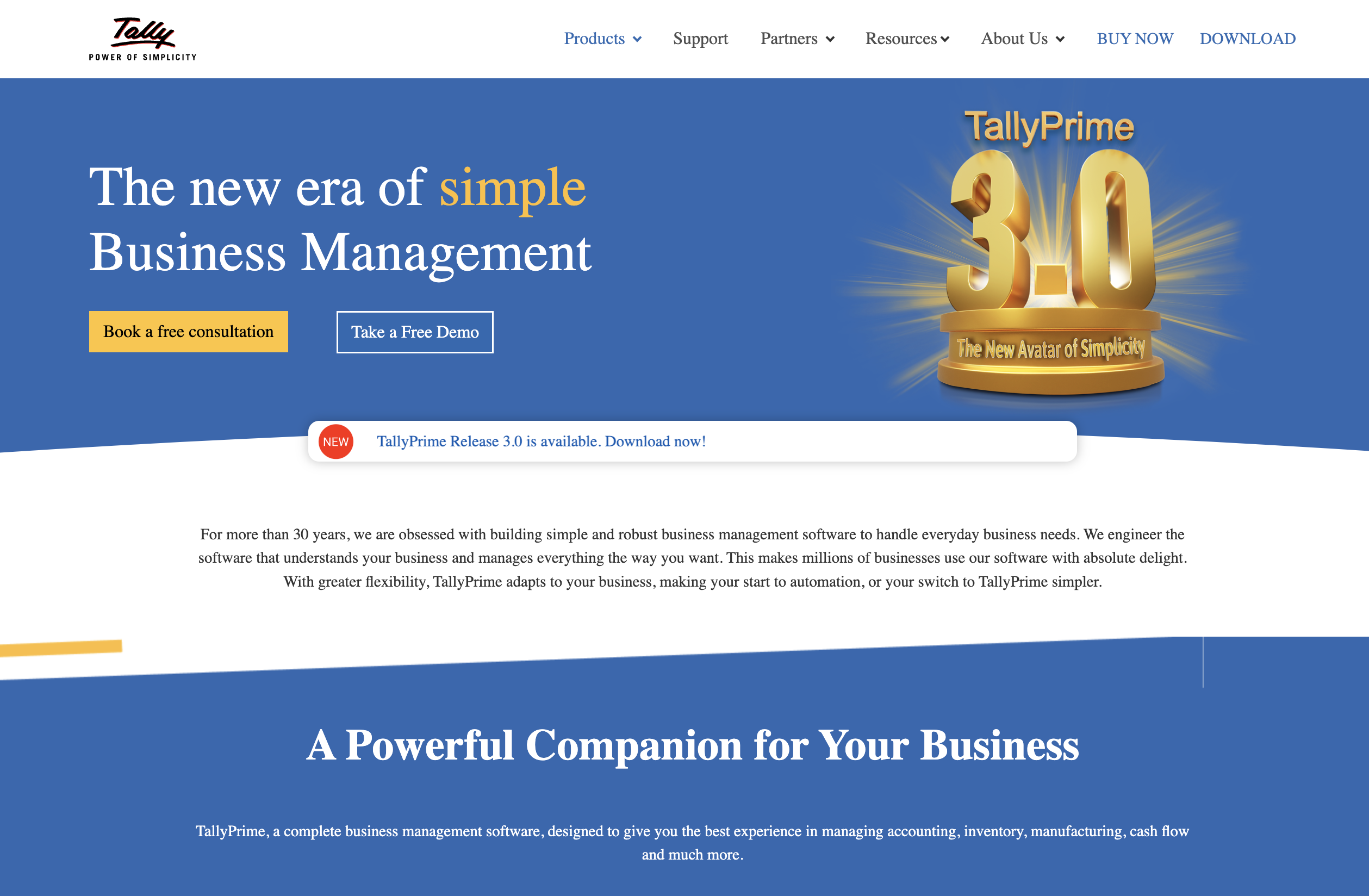
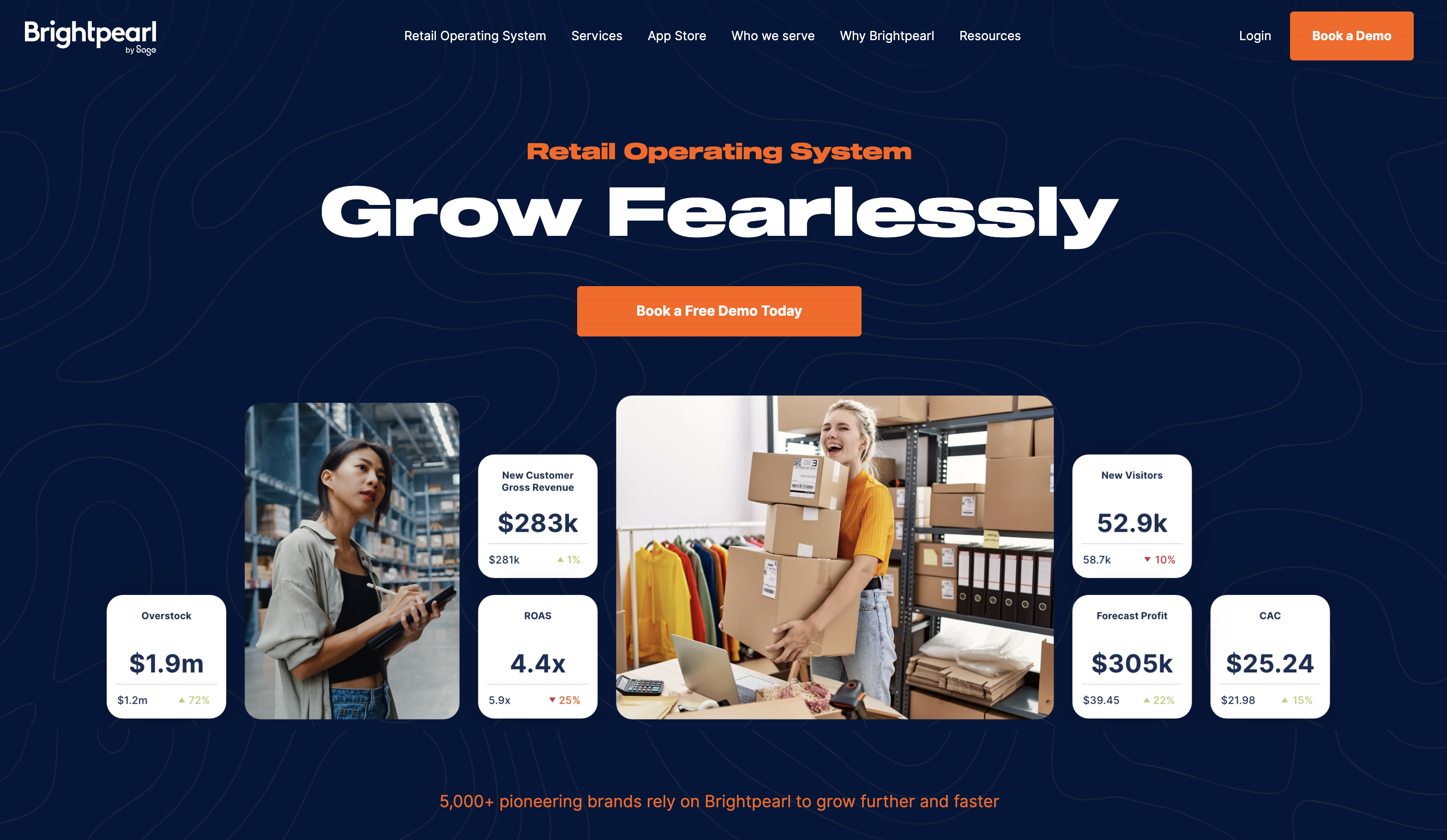
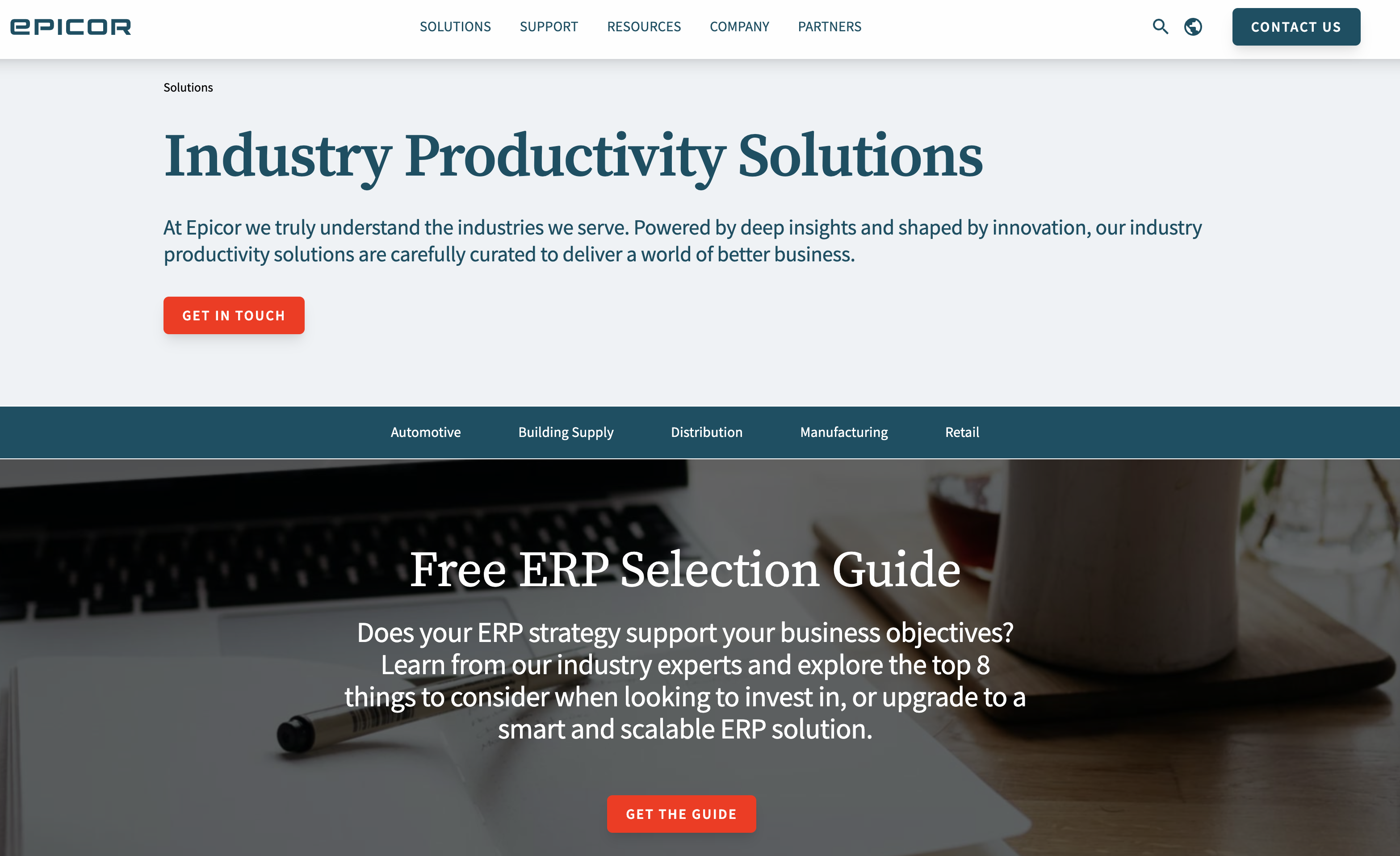



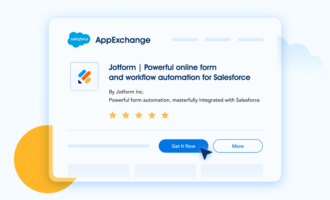





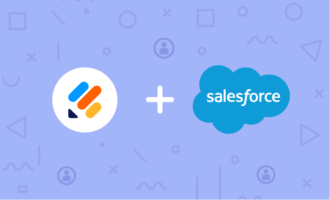











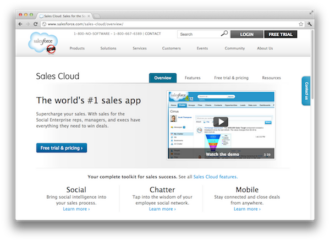












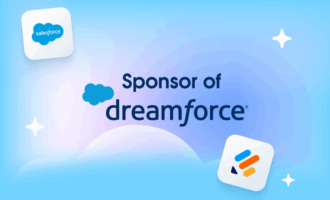















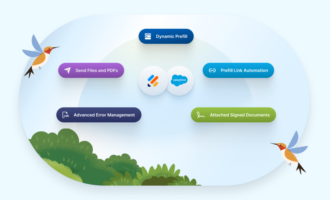
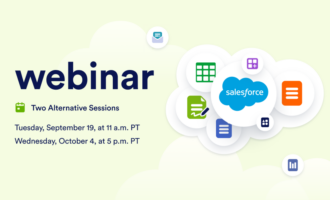











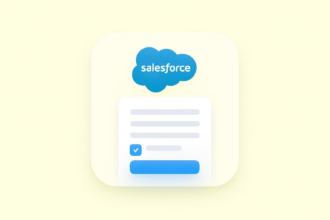
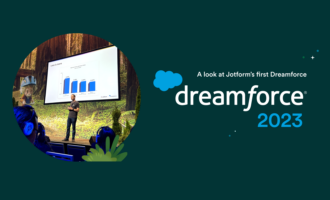

















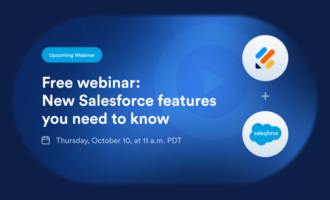








Send Comment: